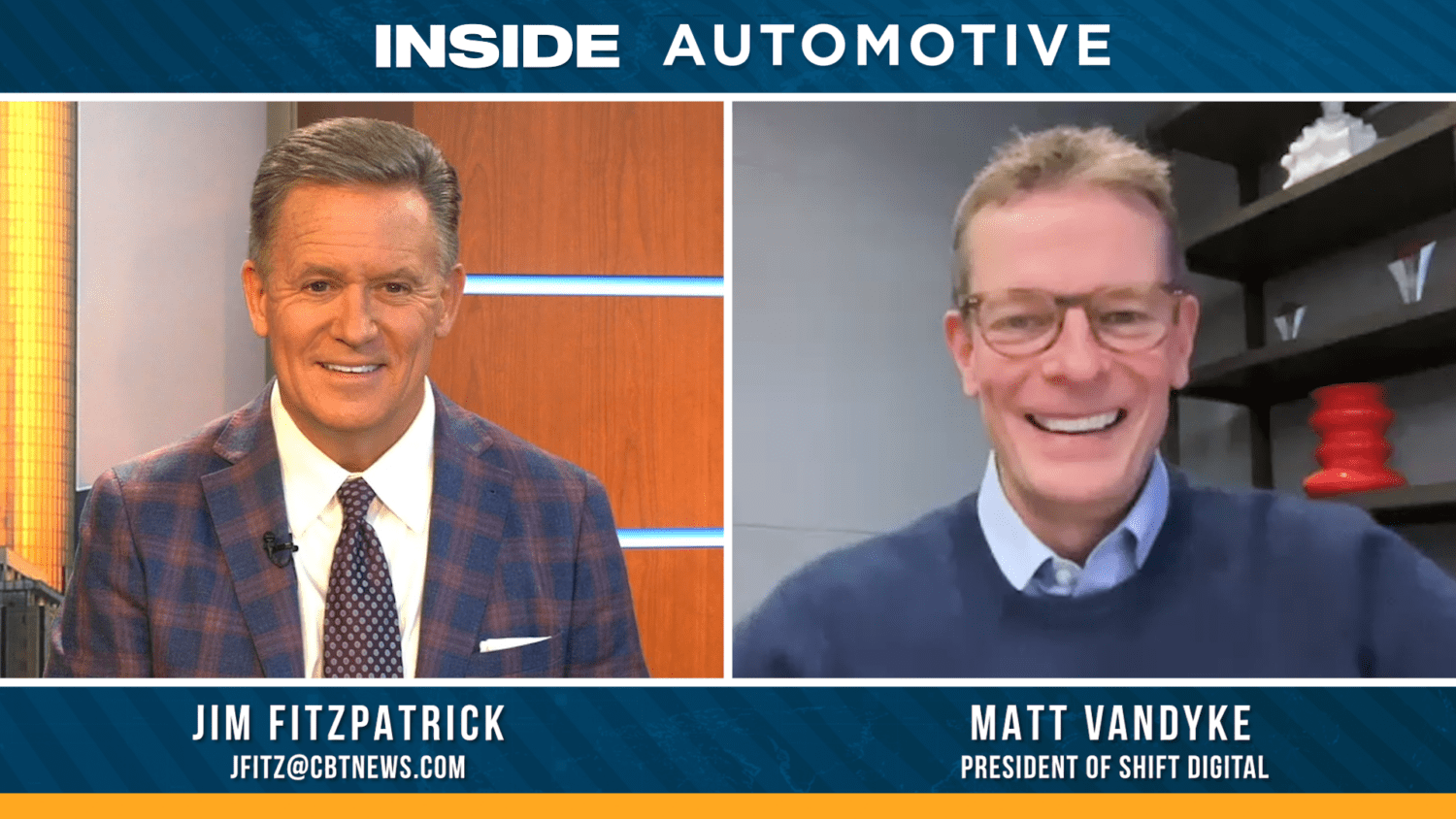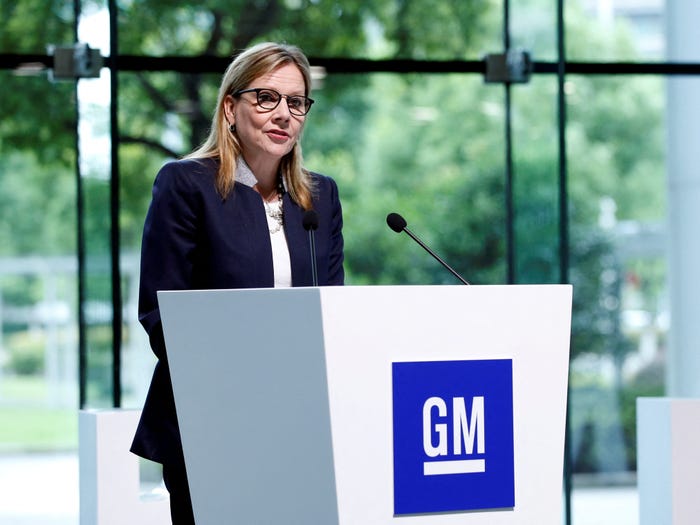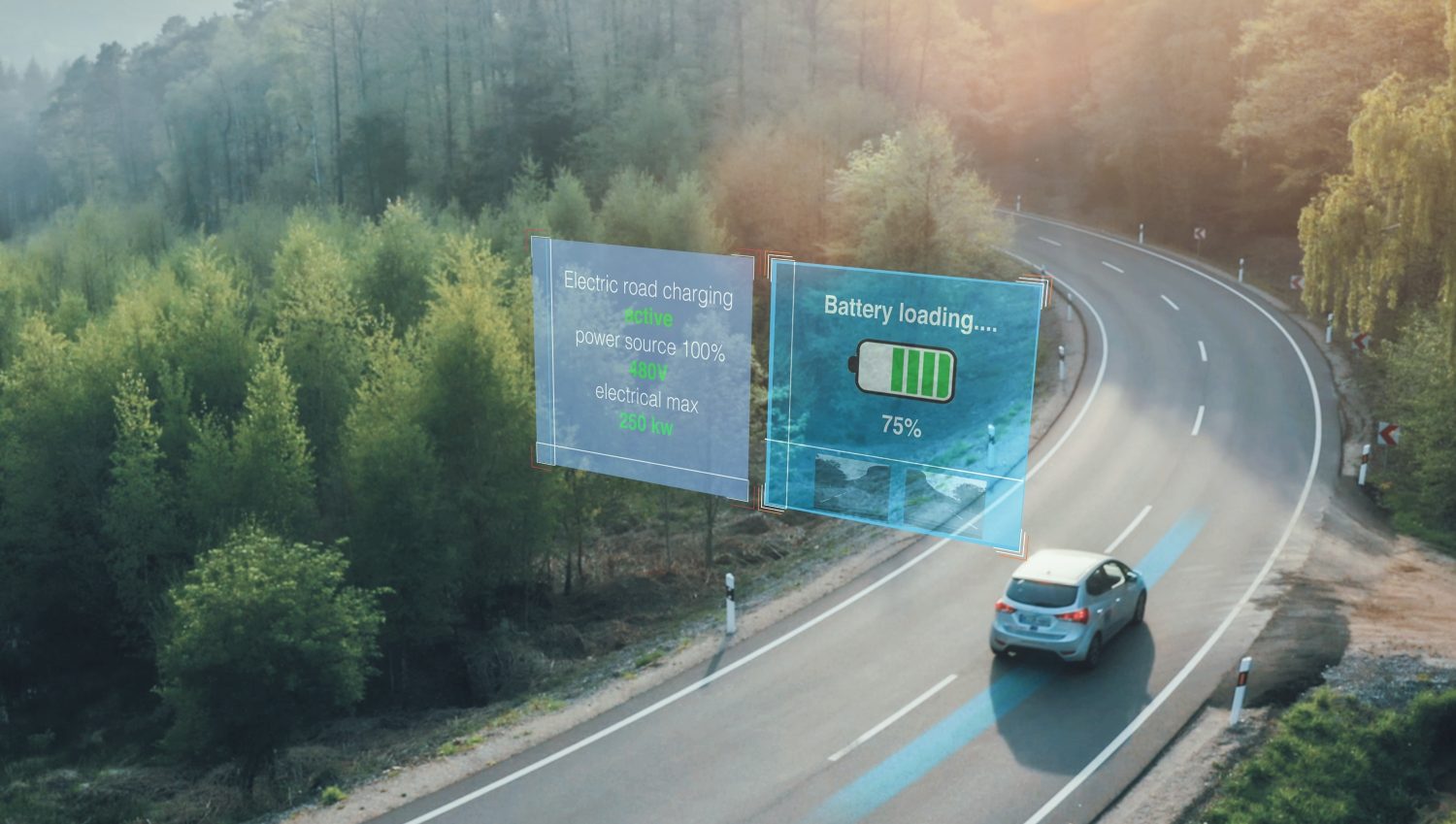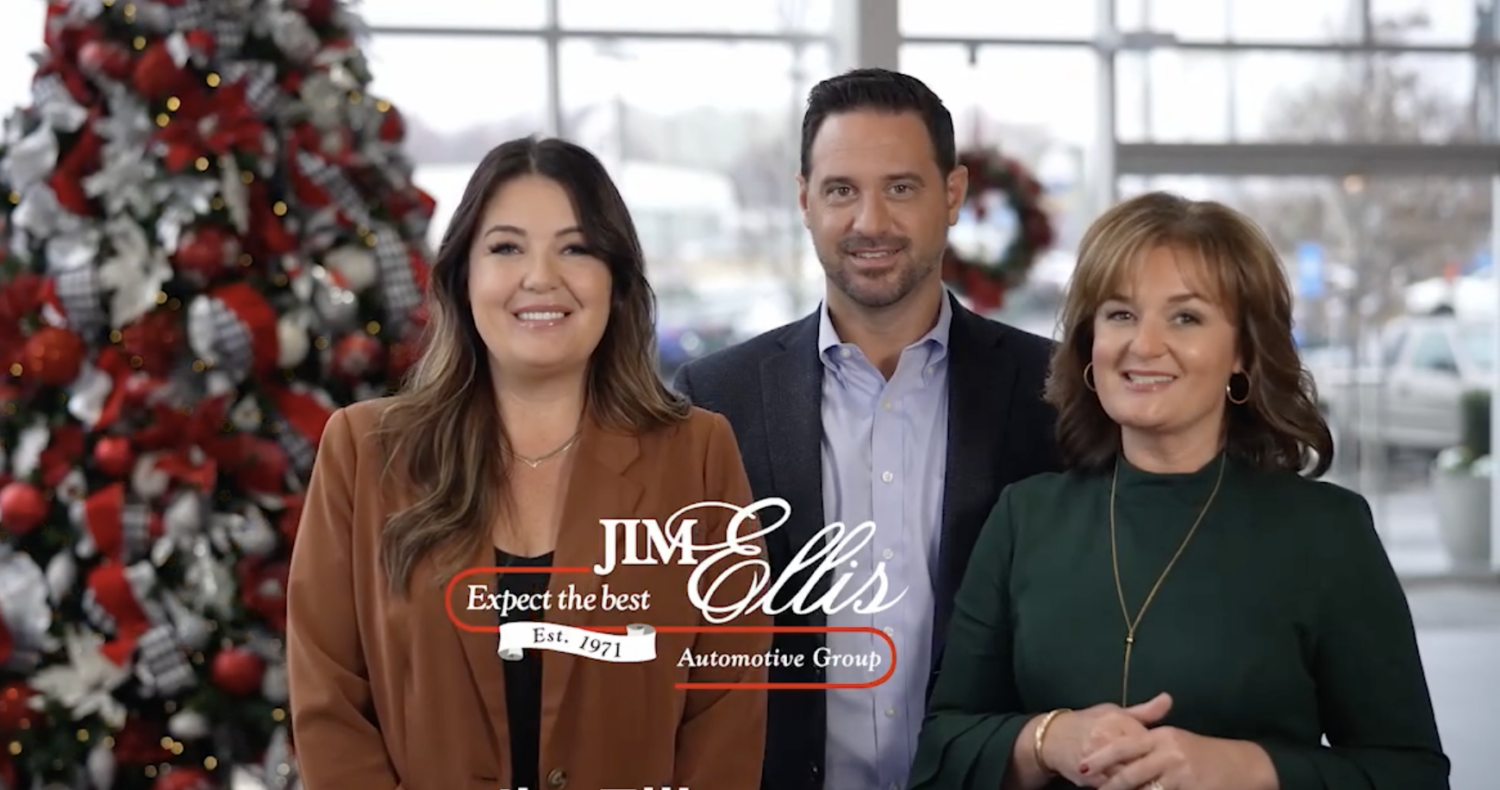Inside Automotive
 Future of EV sales: direct-to-consumer vs franchise dealers — Matt VanDyke | Shift Digital
Future of EV sales: direct-to-consumer vs franchise dealers — Matt VanDyke | Shift Digital
In recent years, the retail automotive industry has seen dramatic changes in the ways consumers shop for and purchase electric vehicles (EVs), challenging the traditional franchised model with direct-to-consumer sales. Today on Inside Automotive, Matt VanDyke, President of Shift Digital and former CEO of FordDirect, elaborates on the future of EV sales for consumers, dealers, and OEMs alike. Watch the full segment here.
Top stories


Nearly 4,000 dealers across the United States have collectively penned an open letter to President Biden, expressing their concern over the proposed emissions standards that aim to phase out internal combustion engine vehicles (ICEs). Operating under the name “EV Voice of the Customer,” these 3,882 dealers, representing all 50 states, argue that consumer readiness for electric vehicles (EVs) is not at the level the policy assumes. In April, the Environmental Protection Agency (EPA) proposed new regulations that could result in EVs making up to two-thirds of the market share by 2032. Read More


General Motors (GM) has reported a significant financial impact from the recent six-week strike by autoworkers, with pretax earnings suffering a $1.1 billion loss, according to The Associated Press. Despite this setback, GM remains optimistic, planning to cover the costs of its new contract with the United Auto Workers (UAW) and even increase its dividend. “GM will deliver very strong profits in 2023 thanks to an exceptional portfolio of vehicles that customers love and our operating discipline,” GM Chair and CEO Mary Barra said in a statement. Read More




The Jim Ellis Automotive Group announced the launch of its seventh annual Holliday Giving Campaign, which supports the Atlanta Community Food Bank. From November 24, 2023, to January 2, 2024, each of their 20 family-owned dealerships will contribute a portion of every new or pre-owned vehicle sale to the food bank. This initiative is part of the group’s tradition of supporting local charities during the holiday season. For every $1 donated, the Food Bank will be able to provide up to three meals for neighbors in need. Read More
For Dealers


There’s nothing about paying bills that consumers like, so it follows that the easier and cheaper and most penny perfect they are to pay, the better, right? KISS! The U.S. Navy coined the phrase KISS, “Keep it Simple Stupid,” in 1960 to refer to jet mechanics, and it was eventually adapted across the military and into software development. But I am not a fan of the word stupid, so I rephrase KISS as “Keep it Sesame Street.” It’s a minimalist design principle that says systems should be as simple as possible to ensure the greatest levels of user acceptance and interaction. It’s also common sense that the clearer and cleaner a choice is, the more apt a consumer is to adopt and embrace it. Online platforms, flexible terms, and digital payments each factor into the simplest possible path to put and keep each driver in their chosen vehicle. KISS! Read More


All businesses, including car dealerships, face the challenge of figuring out how exactly to connect with customers in order to meet and exceed sales goals. Two general communication styles that dealerships use are synchronous and asynchronous communication, and it is essential to take note of which one your dealership is using, how effective it is, and whether or not switching up customer communication methods could benefit your business. Simply put, synchronous communication is real-time communication that typically has a defined objective along with a definite start and end. Both parties (dealer and customer) interact with each other in real-time through communications such as in-person meetings, phone calls, and virtual video chats. Read More


